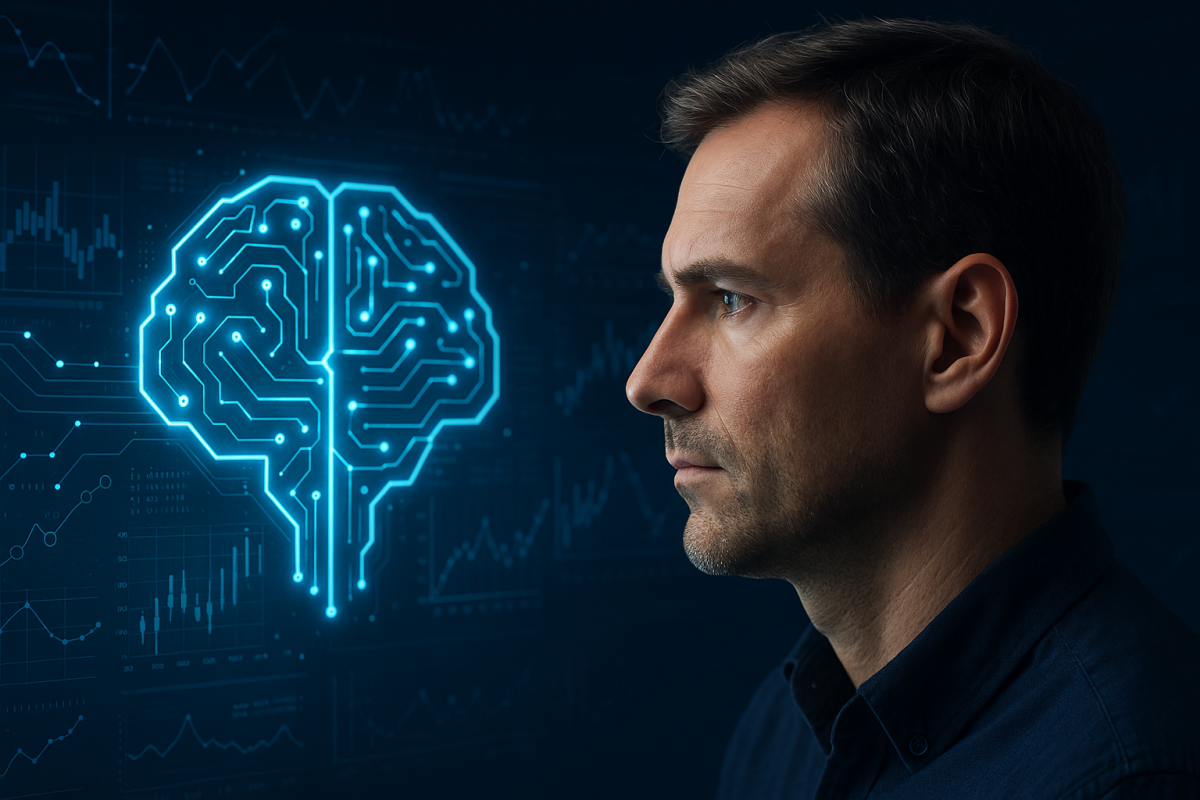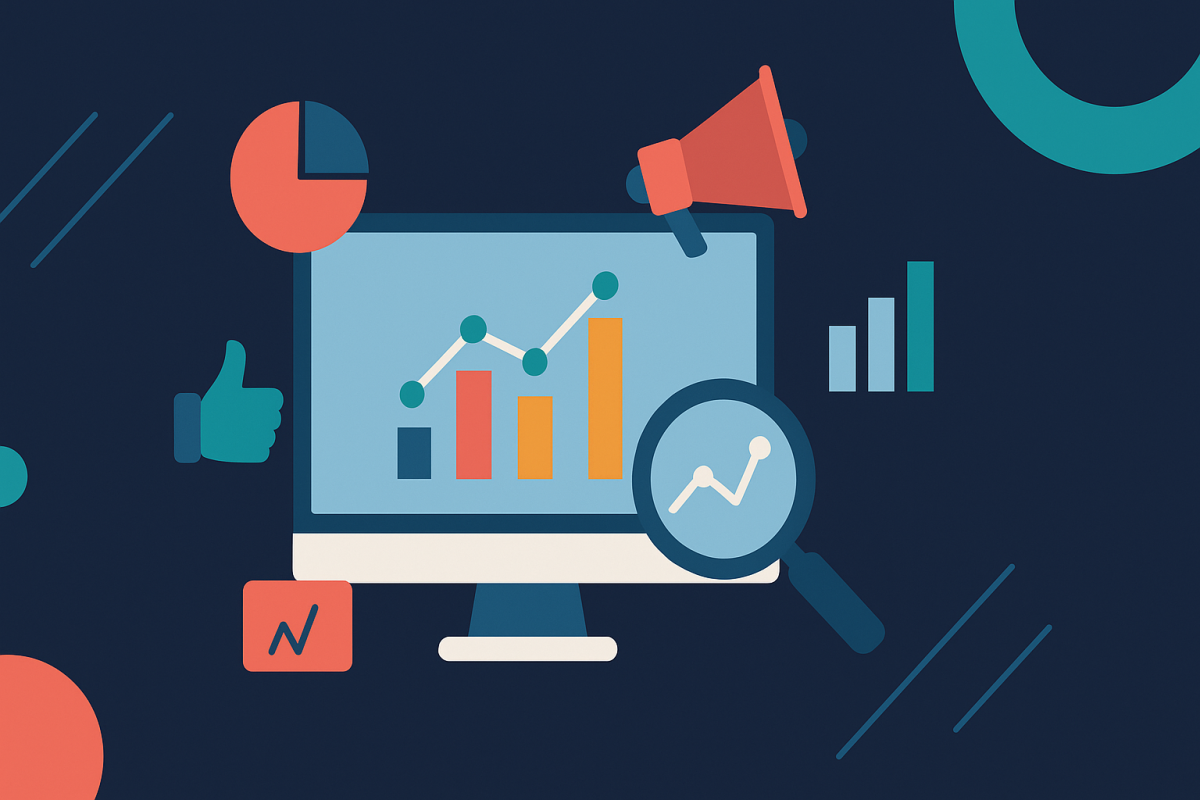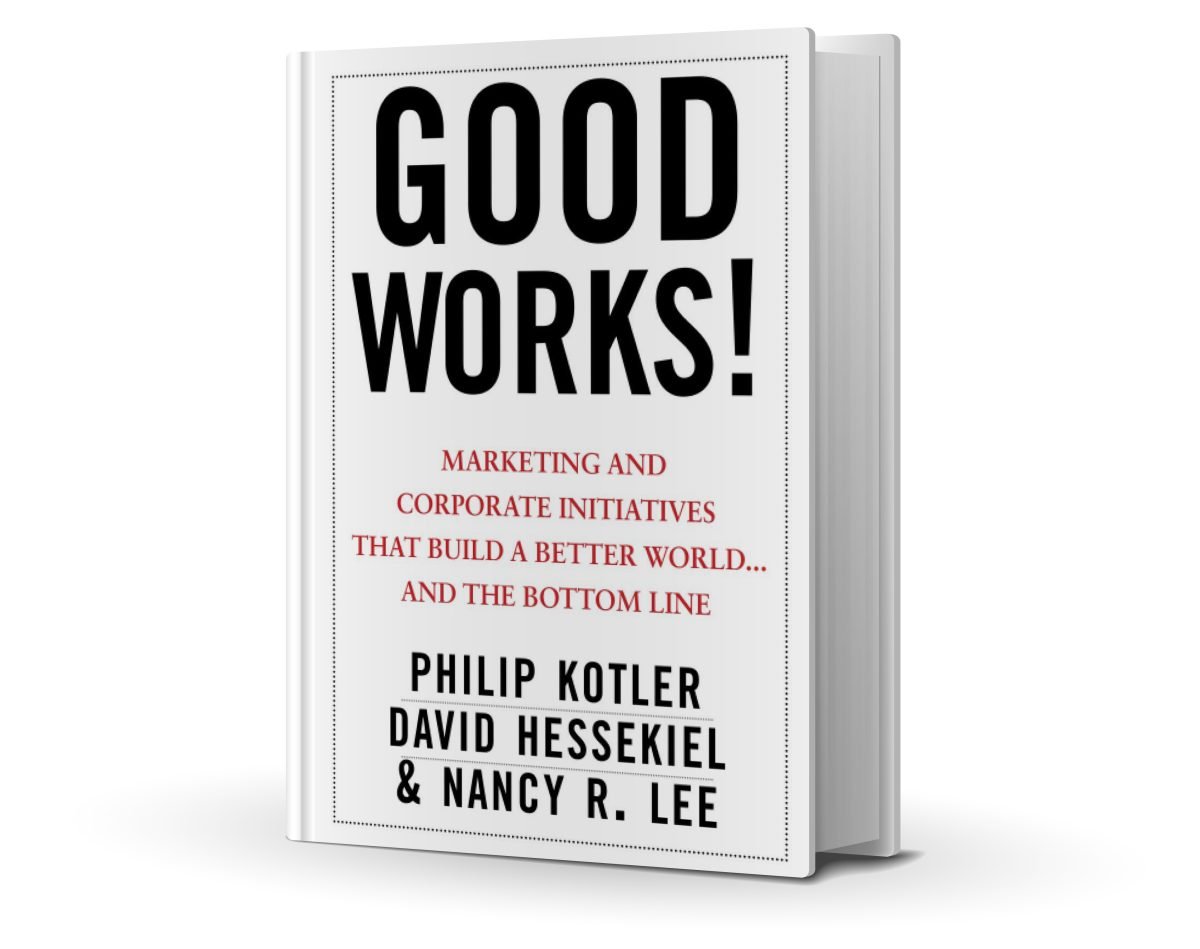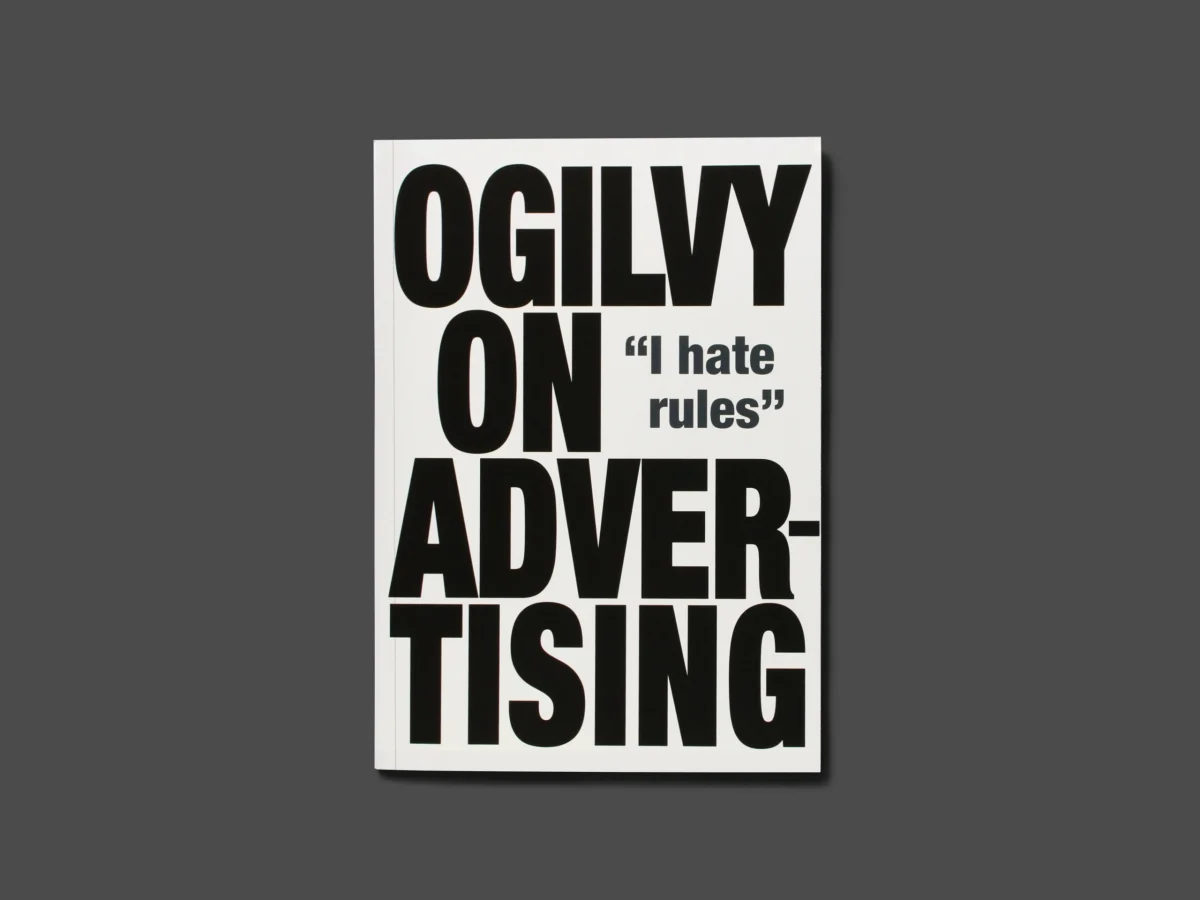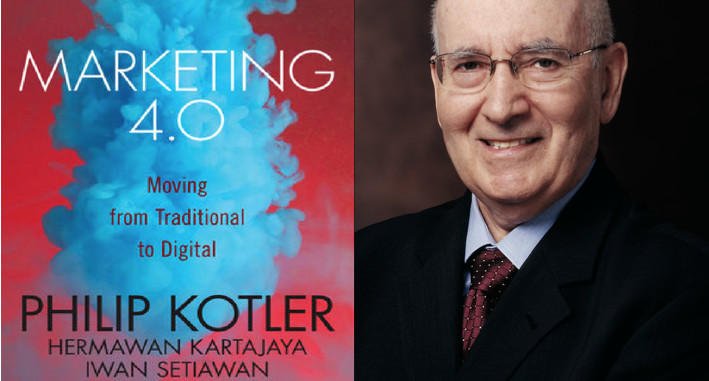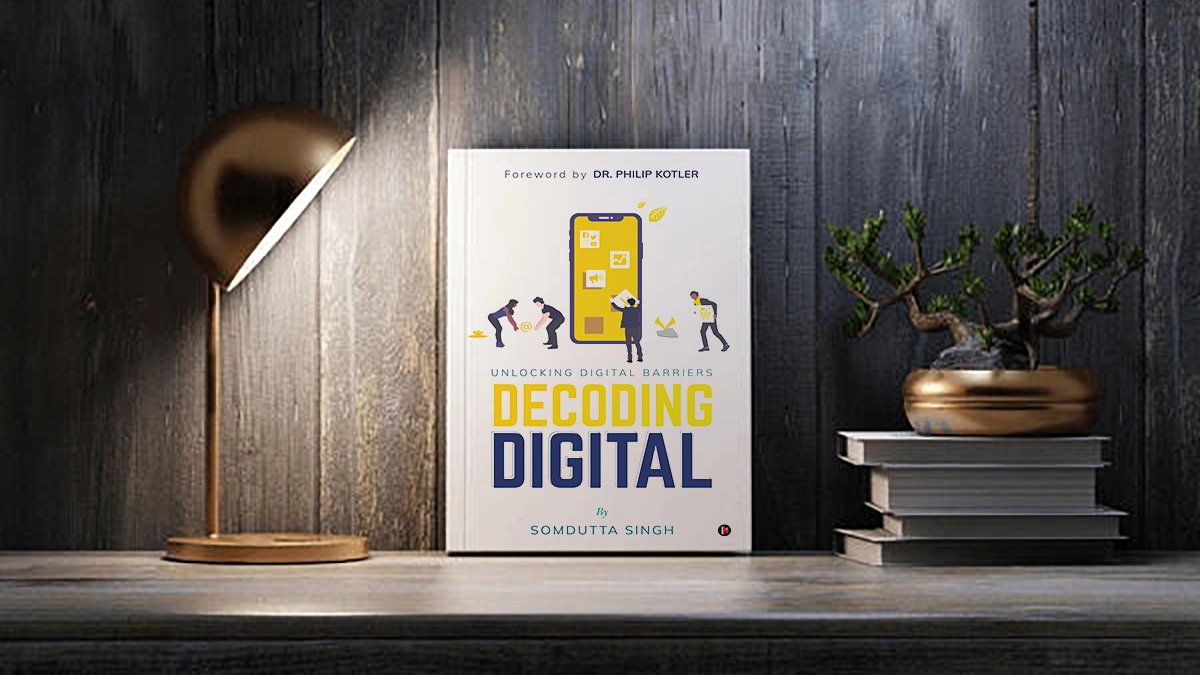In a world driven by automation, large language models, and AI-driven platforms, it’s tempting to believe that artificial intelligence will eventually handle everything — including the most intellectually demanding tasks: research and decision-making.
But here’s the truth: AI can simulate cognition. It can’t replicate wisdom.
While AI systems are transforming how we access, organize, and process information, they are still tools — not thinkers. Their strength lies in pattern recognition, data synthesis, and automation of repetitive tasks, not in critical reasoning, ethical judgment, or domain expertise.
Research Is More Than Retrieval
Today’s AI can parse millions of documents in seconds, surface semantic connections, and summarize complex papers. But true research goes far beyond data aggregation.
It requires:
- Framing the right questions, often in ambiguous contexts
- Evaluating evidence, including outliers, biases, and contradictory findings
- Interpreting results based on situational, ethical, or cultural frameworks
- Challenging assumptions, which AI, trained on historical data, often reinforces
AI cannot distinguish between what is relevant and what is meaningful. It cannot intuit what hasn’t yet been asked.
Decision-Making Is a Human Responsibility
AI excels in scenarios with clear parameters and abundant historical data. But decision-making — especially in dynamic, uncertain environments — involves judgment calls AI isn’t equipped to make.
Decisions in healthcare, law, policy, or business often involve:
- Incomplete or conflicting data
- Stakeholder values
- Social and environmental consequences
- Trade-offs where no solution is perfect
AI can assist with simulations, forecasts, and risk modeling. But it cannot take responsibility. It doesn’t bear the impact. It doesn’t have skin in the game.
Where AI Fits: Augmentation, Not Autonomy
Let’s be clear — AI is not the enemy of research or decision-making. It’s an amplifier.
- NLP tools like Consensus accelerate literature reviews
- Tools like Zotero streamline citation management
- RAG-based systems help map domain knowledge and retrieve insights faster
- GPT-based assistants reduce cognitive load in early discovery and exploration
But they’re only as effective as the human inputs, frameworks, and goals behind them.
A well-crafted prompt is still a reflection of your thinking. The insight still has to come from you.
Cognitive Work is Not Replaceable — Yet
AI doesn’t “understand” research — it predicts the next likely token.
It doesn’t “decide” — it maximizes output probabilities.
Even the most sophisticated models operate in statistical space, not philosophical depth. They can’t assess moral implications, anticipate human behavior, or create entirely new paradigms of thought.
True research is hypothesis-driven, iterative, and deeply human.
Real decision-making is value-laden, context-aware, and accountable.
AI is not here to replace the researcher or the leader.
It’s here to remove the bottlenecks — so that human insight, creativity, and ethics can take center stage.Use AI to work faster, but think deeper.
Automate the tedious, but own the transformative.Because in the end, the future won’t belong to those with the smartest machines —
It will belong to those who know how to use them wisely.
